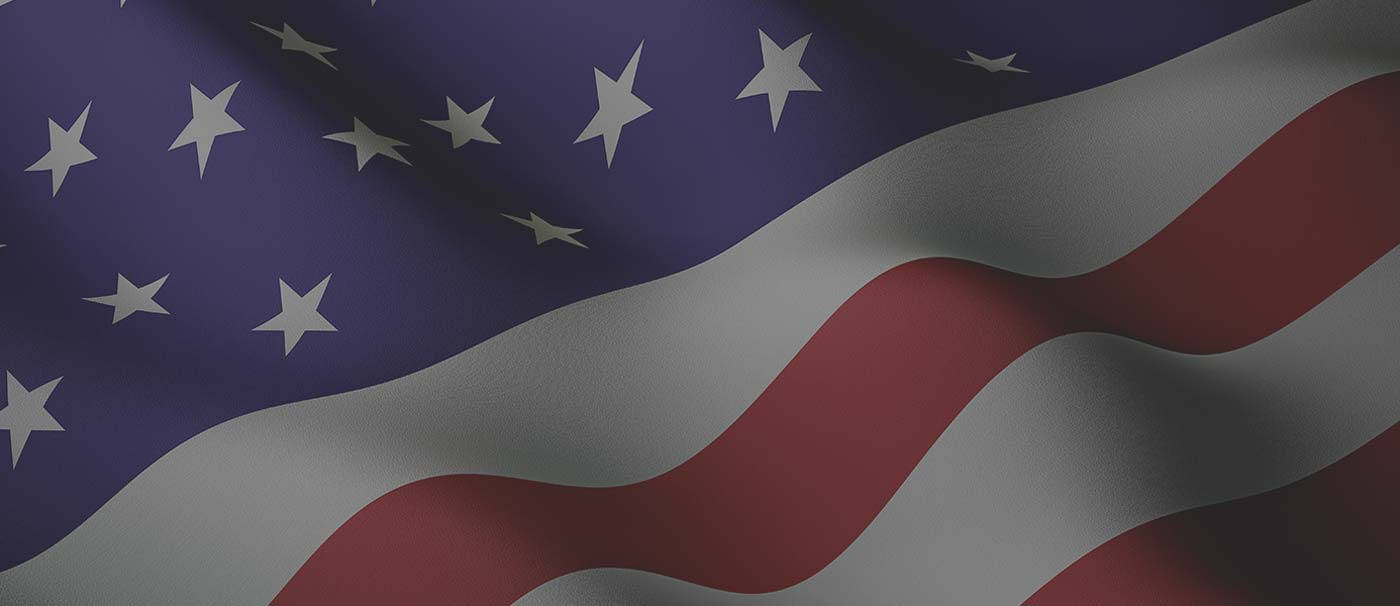In what Thomas Jefferson would describe as one of his greatest accomplishments, even rivaling the Declaration of Independence, he was instrumental in passing the Virginia Statute of Religious Freedom in 1786, “that all men shall be free to profess, and by argument to maintain, their opinion in matters of religion, and that the same shall in no wise diminish, enlarge, or affect their civil capacities.” This landmark legislation was a forerunner document and later influenced the federal Bill of Rights and the First Amendment to the Constitution guaranteeing religious freedom for all citizens.
For years, the Free Exercise Clause (described in the First Amendment) required religious exemptions unless the government had a compelling interest in enforcing its regulation. Then in 1990, the Supreme Court changed that rule and basically said that the free exercise of religion is protected only against discrimination. Congress responded with the federal Religious Freedom Restoration Act (RFRA) in 1993, creating a statutory right to practice one’s faith, free of government regulation, except where necessary to serve a compelling government interest. That law passed unanimously in the House, and 97-3 in the Senate; President Bill Clinton praised its passage and signed the bill. However, in 1997, the Supreme Court said that the federal RFRA could not constitutionally be applied to the states. If states wanted to protect religious practice subject to the compelling interest test, they would have to do it themselves. This is the background to why states began enacting their own RFRAs.
New England colonies have often been called “Bible Commonwealths” because they used Scripture in regulating all aspects of the lives of their citizens. The Library of Congress, under their “America as a Religious Refuge: The Seventeenth Century” exhibit, states:
“Many of the British North American colonies that eventually formed the United States of America were settled in the seventeenth century by men and women, who, in the face of European persecution, refused to compromise passionately held religious convictions and fled Europe. The New England colonies, New Jersey, Pennsylvania, and Maryland were conceived and established ‘as plantations of religion.’ Some settlers who arrived in these areas came for secular motives–“to catch fish” as one New Englander put it–but the great majority left Europe to worship God in the way they believed to be correct. They enthusiastically supported the efforts of their leaders to create ‘a city on a hill’ or a ‘holy experiment,’ whose success would prove that God’s plan for his churches could be successfully realized in the American wilderness. Even colonies like Virginia, which were planned as commercial ventures, were led by entrepreneurs who considered themselves ‘militant Protestants’ and who worked diligently to promote the prosperity of the church.”
Joseph Story, Supreme Court Justice: “Indeed, the right of a society or government to [participate] in matters of religion will hardly be contested by any persons who believe that piety, religion, and morality are intimately connected with the wellbeing of the state and indispensable to the administrations of civil justice. The promulgation of the great doctrines of religion—the being, and attributes, and providence of one Almighty God; the responsibility to Him for all our actions, founded upon moral accountability; a future state of rewards and punishments; the cultivation of all the personal, social, and benevolent virtues—these never can be a matter of indifference in any well-ordered community. It is, indeed, difficult to conceive how any civilized society can well exist without them.”
Joseph Story, A Familiar Exposition of the Constitution of the United States (New York: Harper & Brothers, 1847), p. 260, §442.
Honoring God, instituting Judeo-Christian precepts and encouraging morality as derived from God’s law, are some of the core ingredients that contributed to the rise of America. Without these principles in place, any government can inappropriately take on the role of playing God, thereby leaving all power to the state, which then defines the parameters of freedom, liberty, individual rights, and justice. Many scholars agree on the tremendous impact that Christianity had in shaping America. Without it, we would not enjoy:
- a representative republic vs. a theocratic form of government
- the institutional separation of church and state (as opposed to today’s enforced institutional secularization of church and state)
- protection for religious toleration and the rights of conscience
- a distinction between theology and behavior, thus allowing the incorporation of religious principles into public policy that promote good behavior, but do not enforce theological tenets (e.g., religious teachings such as the Good Samaritan, the Golden Rule, the Ten Commandments, the Sermon on the Mount, etc.), all of which promote positive civil behavior without imposing ecclesiastical rites.
The Separation of Church and State – The First Amendment to the Constitution reads, “Congress shall make no law respecting an establishment of religion, or prohibiting the free exercise thereof.” The phrase, “separation of church and state” never appears anywhere in the document. Yet, controversy and angst continue to swirl anytime a person of faith—especially someone from the Judeo-Christian heritage—prays within a public forum, uses the name of Jesus Christ or in many cases, even makes mention of God. The naysayers in the anti-faith movement vehemently take a cease and desist orientation, denouncing any such behavior with a trumped up fear that somehow engaging in the freedom of expression deliberately establishes a preferential religion.
It is astounding that a simple phrase, one that is not recorded in any of our Founding Documents, has been misconstrued and misused to convince an entire generation that God, biblical values and prayer in the marketplace should be wholly separate from anything related to government, leadership, business or general public life. To form an effective rebuttal and counterargument, we must be informed and equipped with a more balanced perspective.
The origin of the controversy comes from a letter penned by then President, Thomas Jefferson, on January 1, 1802, to the Danbury Baptist Association. Though the letter is frequently used by opponents to justify their attempts to advance legislative restrictions, Jefferson’s own actions challenge this long held assumption. The letter was a means to alleviate a concern that the federal government might infringe upon their religious rights. In reality, Jefferson frequently attended church services in the U.S. Capitol, as did James Madison. In fact, executive branch buildings were often utilized in this manner and the Gospel was even preached in the chambers of the Supreme Court. With further irony in this regard, Jefferson closed his letter to the Danbury Baptists with a brief prayer. Any objective person would conclude that these acts and thousands just like them, do not sound like a government that was confused or in turmoil over the meaning of Jefferson’s comments.
The Heritage Foundation, a conservative think tank, adds that, “The ‘wall of separation’ exists to affirm natural rights, including those of faith and religious worship…it was not referenced to imprison the free exercise of religion. Rather, Jefferson sought to prevent the domination of particular denominations after experiencing persecution under the Church of England.”
The initial distortion of Jefferson’s phrase came as result of a Supreme Court ruling in 1947 (Everson v. Board of Education), whereby Justice Hugo Black used it to support his arguments. In Zorach v. Clauson (1952), the Court later held, “The First Amendment, however, does not say that in every and all respects, there shall be a separation of Church and State…We find no constitutional requirement which makes it necessary for government to be hostile to religion.”
The true meaning and spirit of having a separation of church and state does not automatically imply the separation of God and government. Rather, it explicitly denotes an overt interference by government is unacceptable when it comes to dictating a person’s conscience in matters of faith.
 National Strategic Center
National Strategic Center 
 Join the movement in your state
Join the movement in your state  For APCN Members
For APCN Members 









